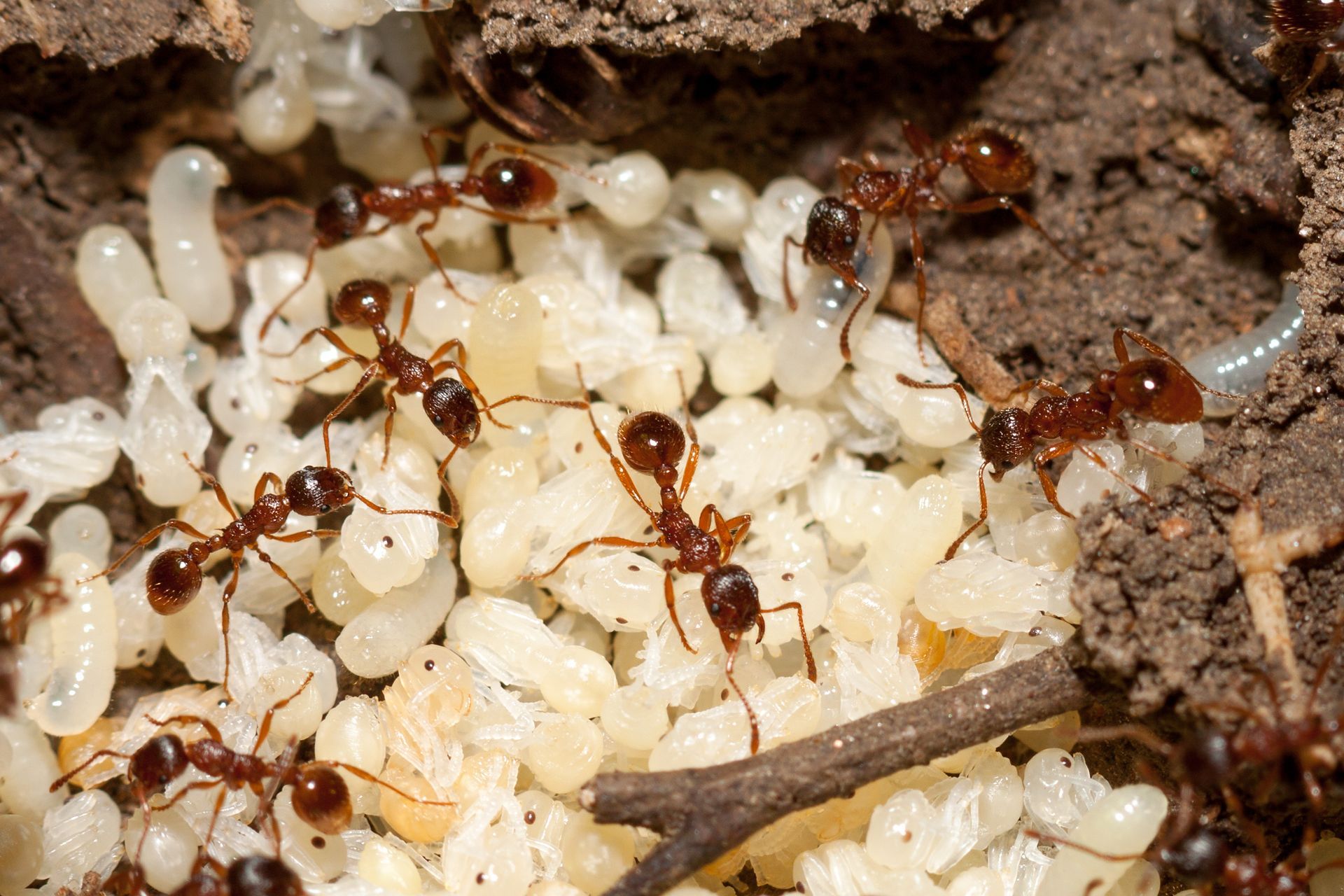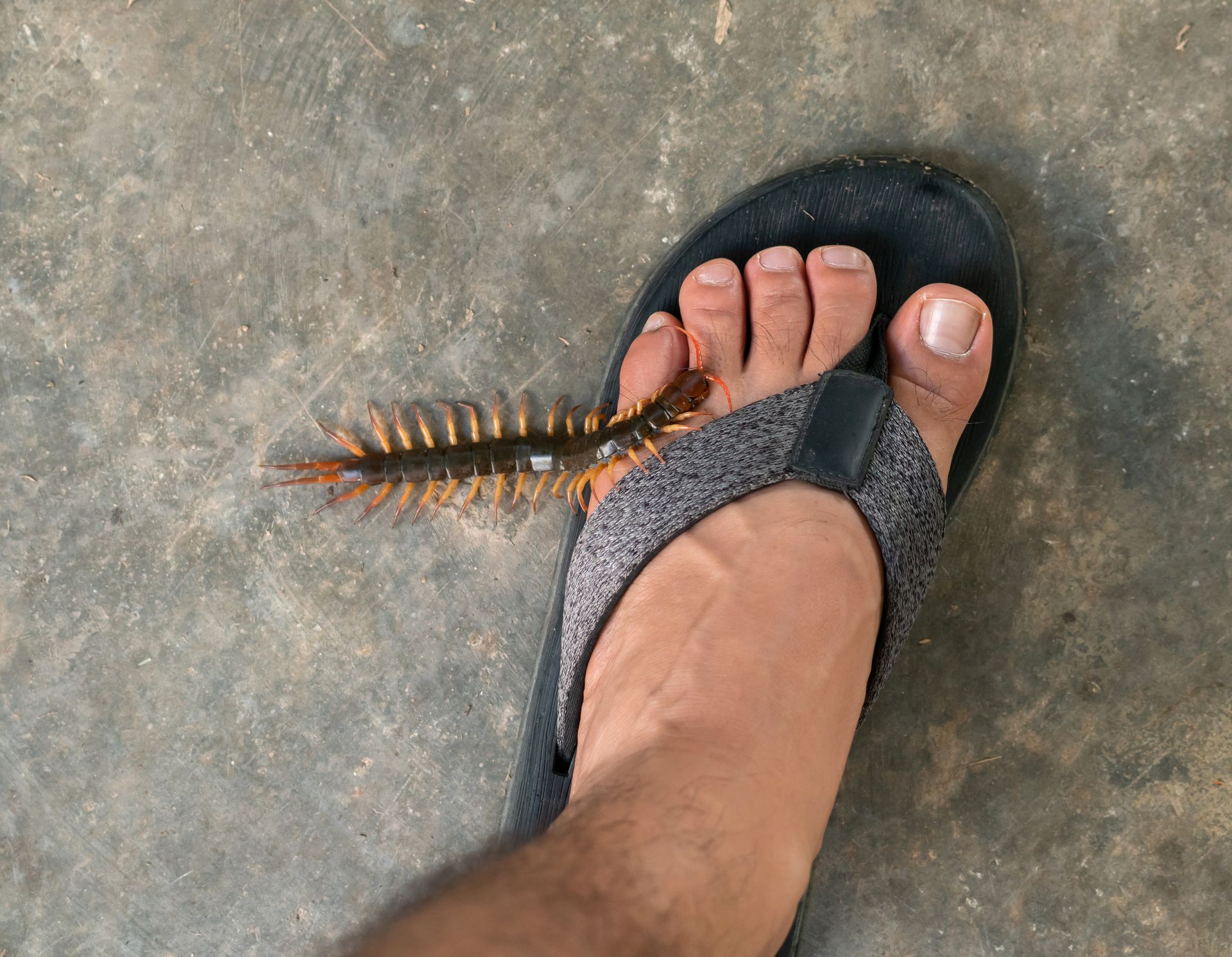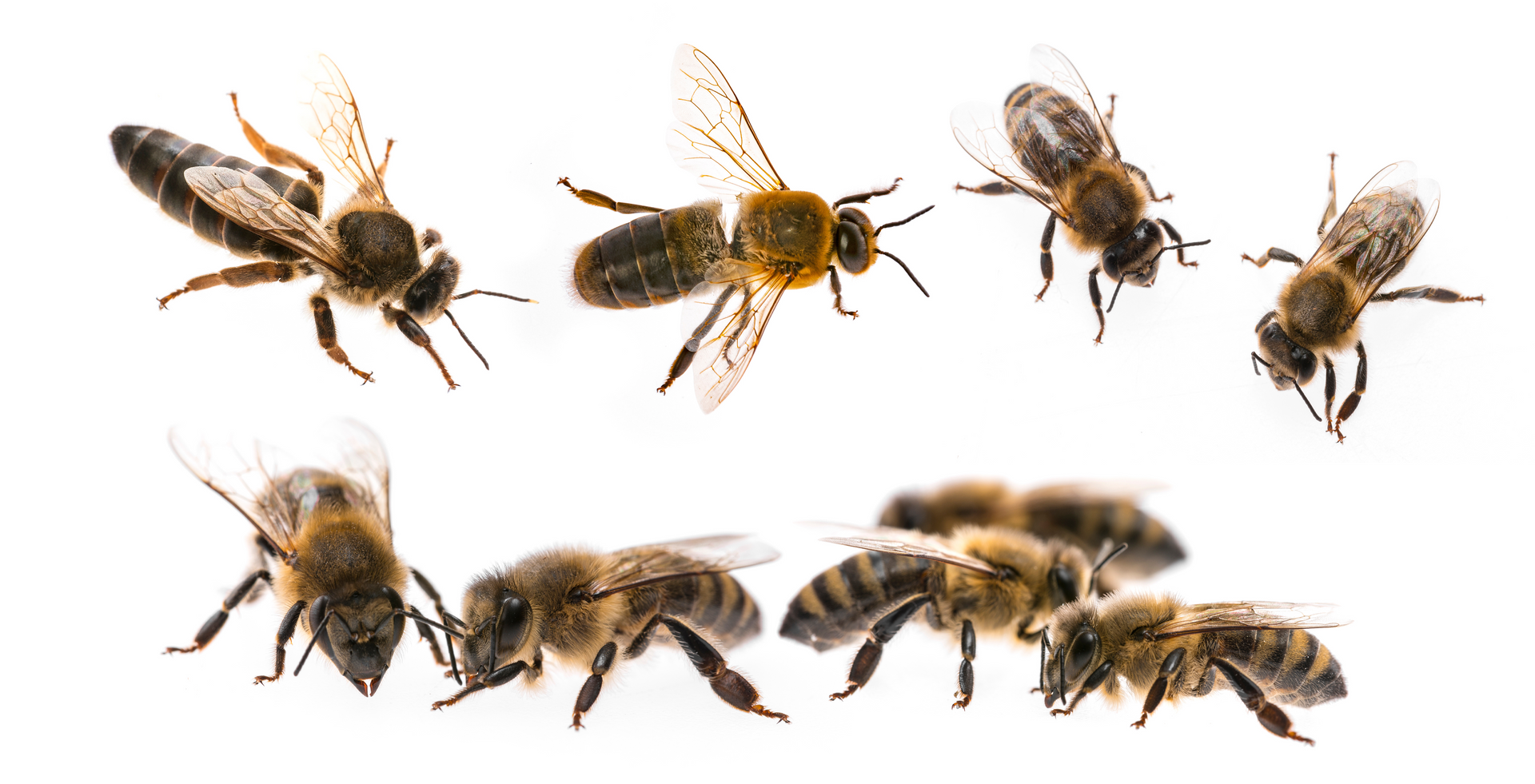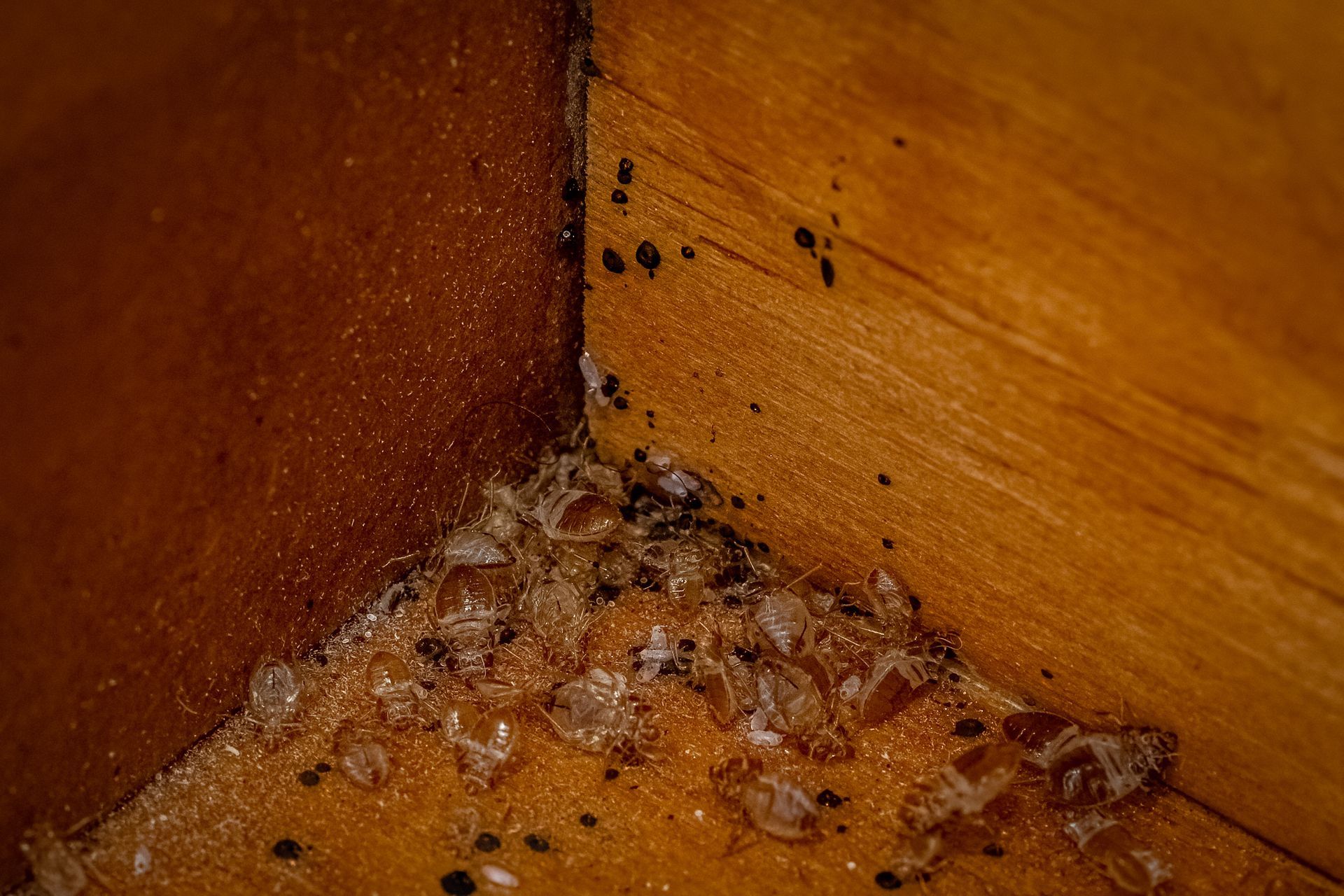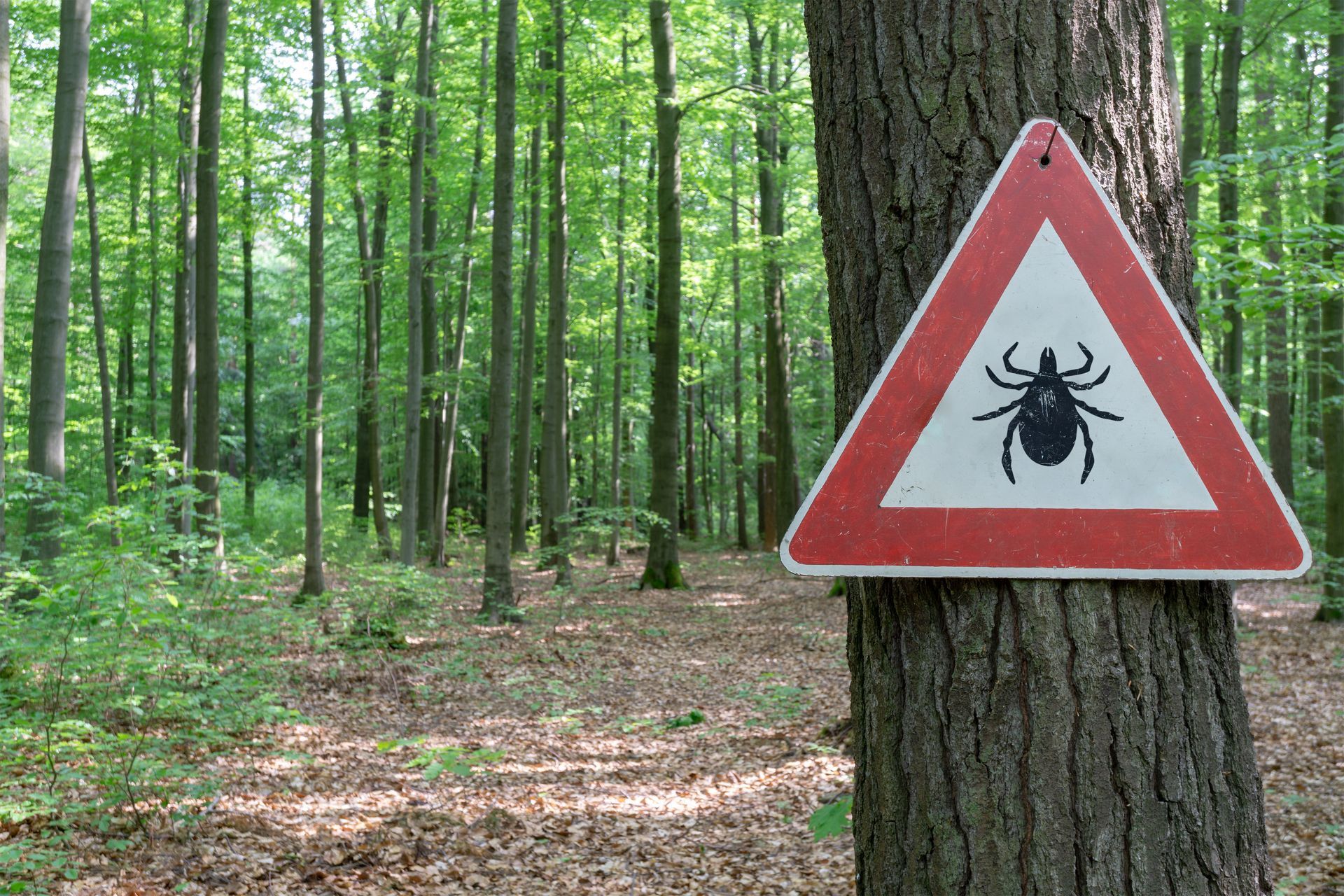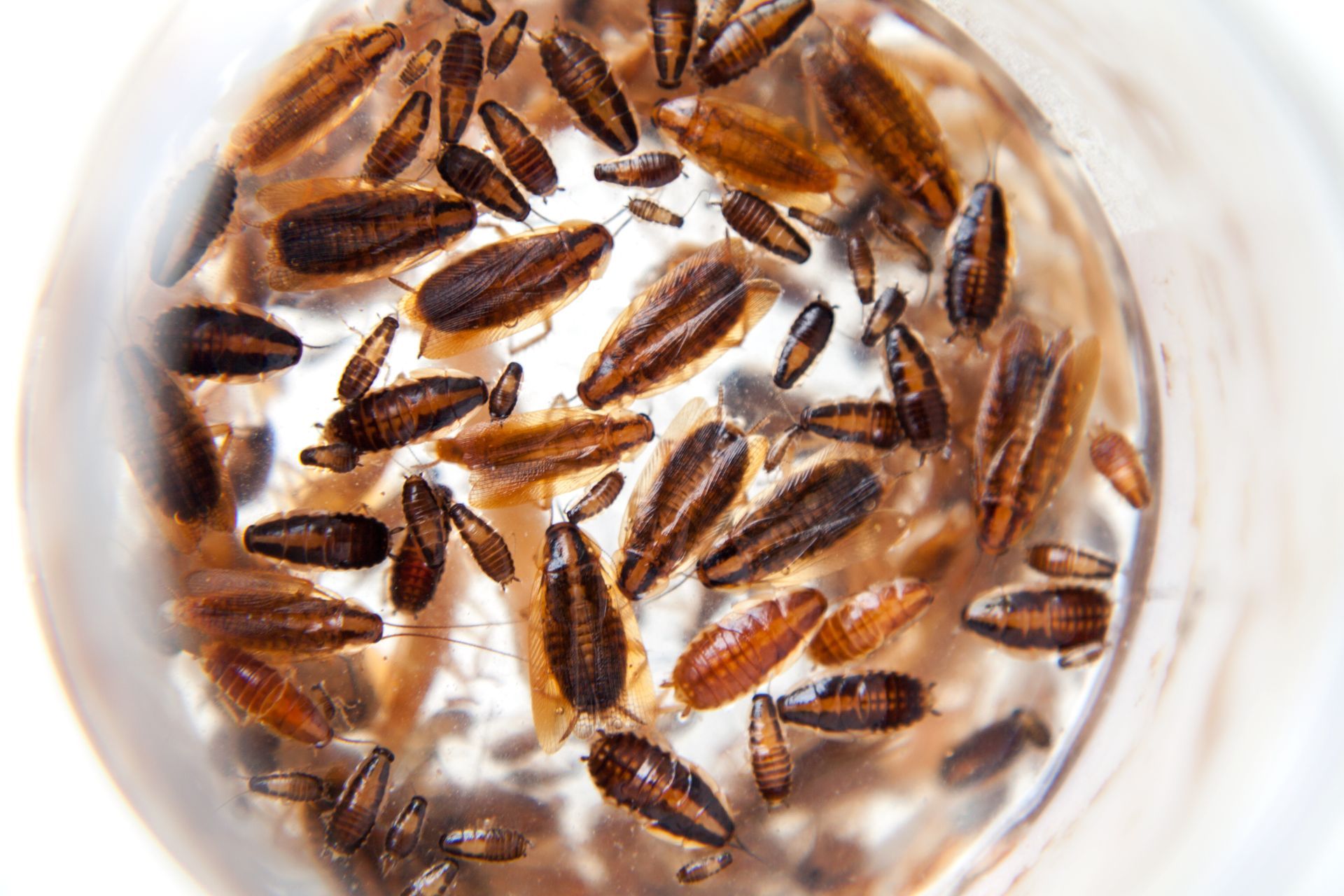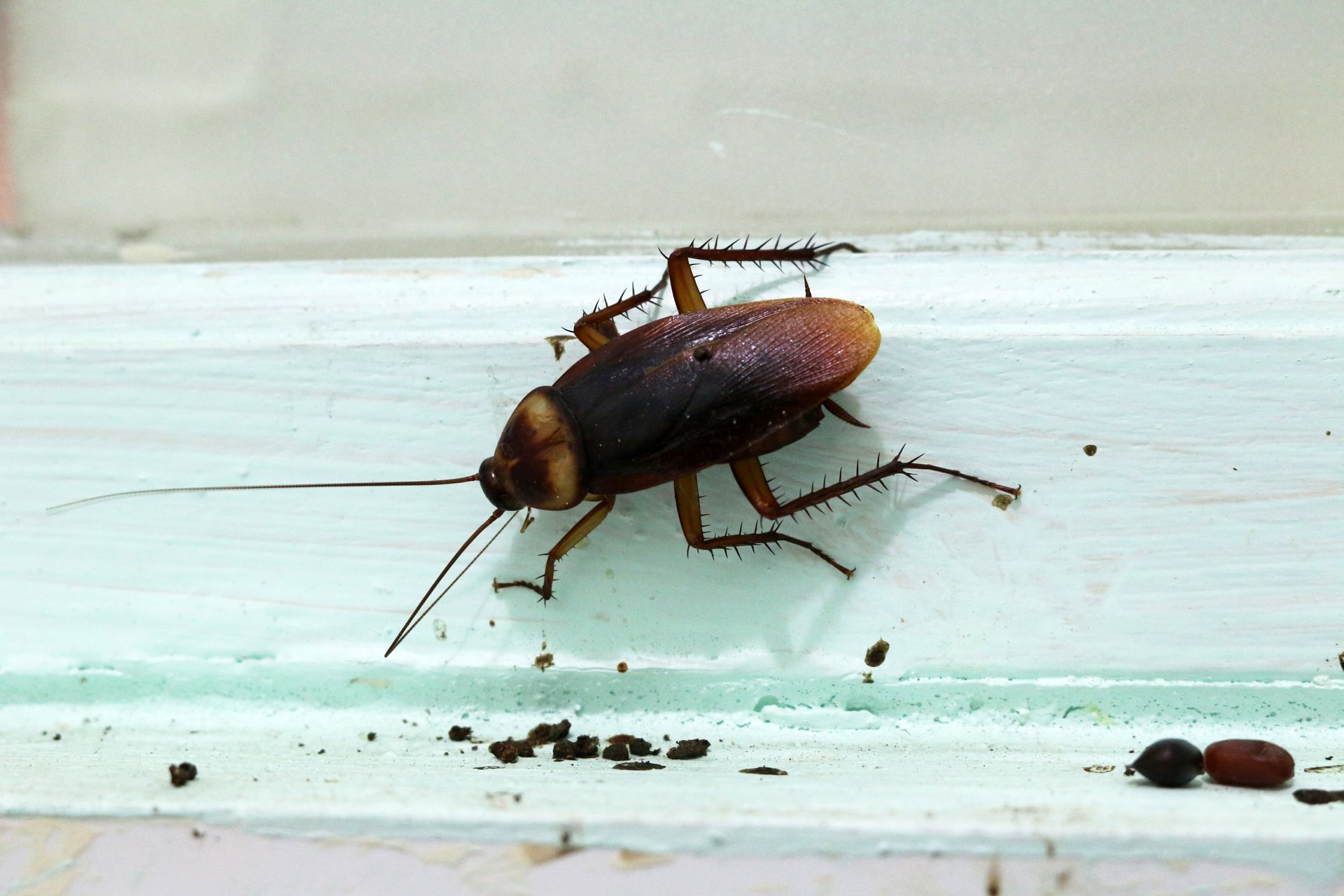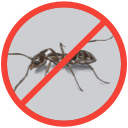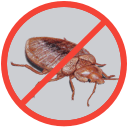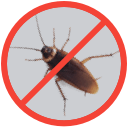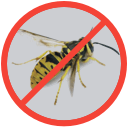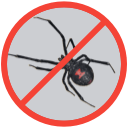Are Silverfish Harmful to Humans or Pets?
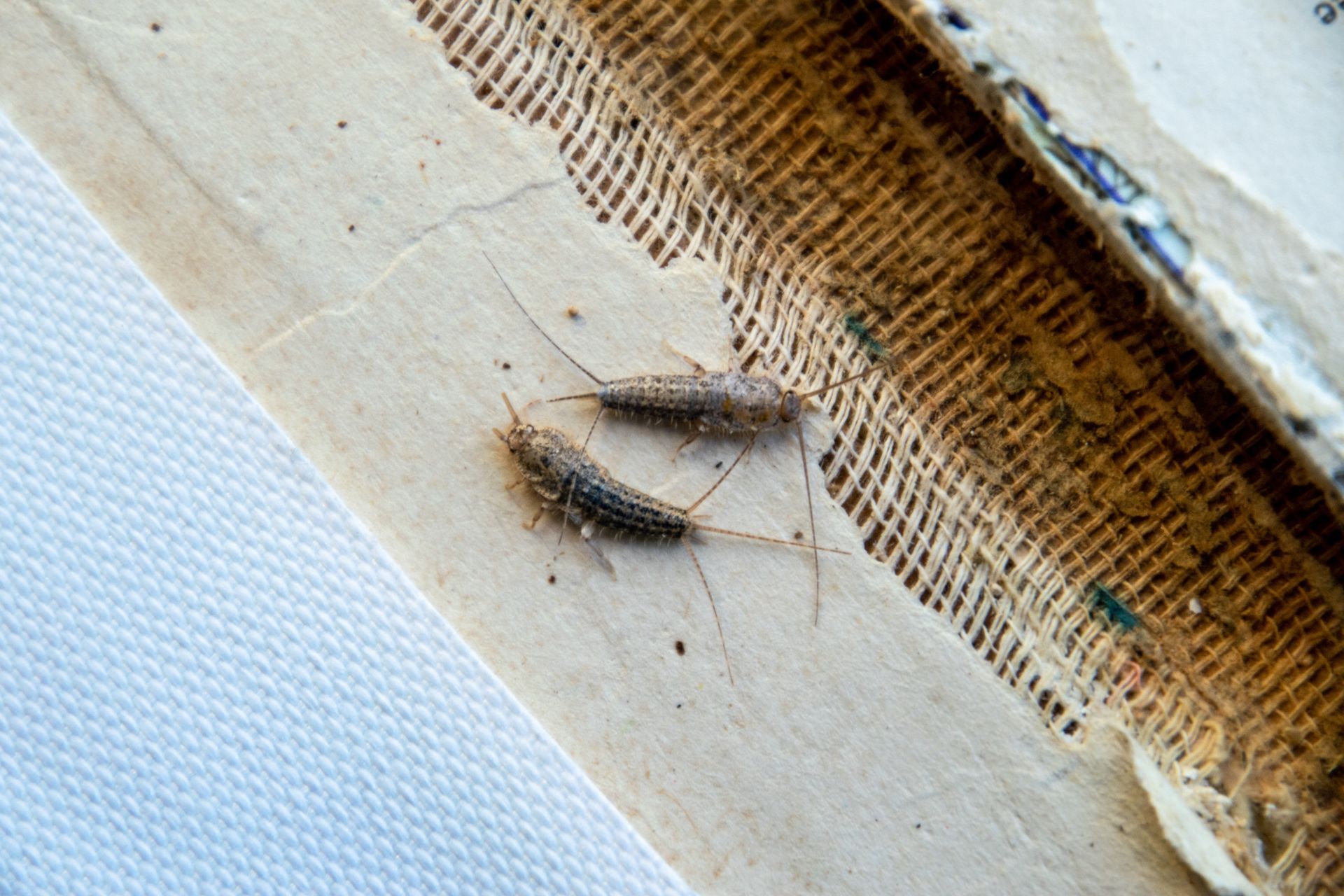
Silverfish do not pose a direct threat to human health, nor do they carry any diseases like mosquitoes and ticks. They also do not have the anatomical parts to bite or sting. However, certain individuals may experience allergic reactions to silverfish, even though cases of severe allergies to silverfish are extremely rare. For the most part, these insects are nuisance pests that are more annoying than anything else. They are typically active during the night and have an appetite for starchy and high-protein materials. This sometimes leads to damage when it comes to items like books, food supplies, and clothing.
What Are Silverfish?
Silverfish are fascinating insects believed to be one of the oldest species on Earth, predating dinosaurs by approximately 100 million years. Their ability to survive for around 400 million years is a testament to their resilience. These ancient wingless insects have a distinct appearance. They display a shiny gray or silver color and are typically around a half inch long. Unlike other insects that stop molting after they reach maturity; silverfish continue to shed their skin throughout their adult lives.
Primarily active at night, silverfish often startle people when encountered during nighttime activities like going to the bathroom or getting a glass of water. Their preference for darkness and their elusive nature can make them seem even more unsettling. However, understanding their behavior and biology can help demystify silverfish and aid in effective pest control strategies.
Do Silverfish Bite?
Silverfish are not known to bite humans or pets, and it is highly uncommon for them to do so. These insects do not feed on blood and their delicate mouth parts make it extremely unlikely for a silverfish to bite. Instead, they prefer to feed on carbohydrates, sugars, starches, and cellulose found in wood products. The other reason they don’t bite is when silverfish sense danger, their instinct is to seek shelter and hide.
Are Silverfish Harmful to Humans?
Silverfish are not harmful to humans as they do not bite, sting, or transmit diseases. However, silverfish can trigger allergic reactions in some individuals when they shed during molting. Even still, cases of silverfish allergies are relatively rare.
That being said, silverfish are not entirely problem free. They can cause minor damage to personal belongings. These insects have developed a taste for sugars and carbohydrates which means that they will consume various items such as cereals, books, wallpaper, insulation, clothing, tissue, newspapers, cardboard, and even fallen human hair. Their feeding habits can result in holes in clothing or damage to sentimental items like photo albums.
Will Silverfish Crawl in Ears?
There is a persistent rumor suggesting that silverfish crawl into ears, eat brains, or lay eggs in the ear canal. However, this notion is entirely fiction. Silverfish are not known to exhibit such behavior and have no interest in human bodies.
The good news is that silverfish are generally shy and actively try to avoid human contact. Therefore, there is no need for concern regarding silverfish crawling into ears or causing harm to humans in this manner. It is important to separate fact from fiction when it comes to pest-related rumors, and in the case of silverfish, they are not going to crawl into our ears to consume our brains.
Are Silverfish Harmful to Pets?
Silverfish are not considered harmful to pets, although it is still recommended that cats and dogs do not eat them. The primary concern with silverfish being the fact that they are dirty and are exposed to dangerous pathogens and bacteria as they scurry around on the floor.
Are Silverfish Harmful to Dogs?
Dog owners typically do whatever they can to protect their furry friends from harmful pests that may cause problems. While mites, ticks, and fleas are known nuisance pests that can impact a dog’s health and happiness, can the same be said about silverfish? The answer is no, silverfish do not pose any threat to dogs.
Are Silverfish Harmful to Cats?
When it comes to silverfish and their interaction with cats, it is important to note that silverfish can trigger the prey drive in felines due to their fast and wiggly movements. This means that if a cat finds a silverfish, it is more likely to play with it than consume it. Even though cats can eat silverfish, they are more likely to see silverfish as an opportunity to exercise their predatory instincts as they are not big enough to make a meal out of. If a cat manages to capture a silverfish, the silverfish itself does not pose any risk to the health of the cat.
Do Silverfish Carry Disease?
While silverfish are nuisance pests, they don’t pose a real health risk to humans or animals because silverfish are not known carriers of diseases. However, it is important to note that silverfish can crawl around in trash and potentially spread harmful bacteria to food preparation areas or pantry if given the opportunity. Although the likelihood of this happening is low, it is still recommended to maintain proper hygiene and cleanliness in these areas to minimize any potential risks. Regularly disposing of trash, keeping food storage areas clean and sealed, and practicing good sanitation practices can help prevent any potential contamination and ensure a healthy environment in your home.
What Damages Do Silverfish Cause?
Silverfish are known to cause damage to different materials in the home due to their unique feeding habits. These insects feed primarily on starchy materials which makes them a threat to books, stored grains, and clothing. They also prefer materials that contain glue like wallpaper and book bindings. Materials that contain cellulose like paper and wood are also attractive to silverfish which can lead to the destruction of books, magazines, carboard boxes, and other paper-based items. Furthermore, linens that are starched, as well as those made of silk or cotton, can also be targeted by silverfish for feeding purposes.
To protect belongings from silverfish damage, it is important to address any infestations promptly and implement preventive measures. This may include proper storage of food items, regular inspection and cleaning of susceptible areas, and sealing cracks and crevices to limit their entry into the home.
How to Prevent Silverfish?
Preventing silverfish infestations requires taking proactive measures to make your home less attractive to these pests. Limiting their food sources is crucial, so store dry goods and pet foods in airtight containers to prevent access. Regularly vacuum carpets, flooring, and upholstery to remove food crumbs that may attract silverfish. Using dehumidifiers in damp areas and properly sealing crawl spaces and basements can help reduce the moisture that silverfish are drawn to.
Ensuring your home is well-sealed and maintained is also essential in keeping silverfish and other pests out. Fill gaps in your foundation or basement walls with liquid cement and place gravel or a chemical barrier to keep moisture away from the walls. Keep your home tidy and avoid leaving paper items on the floor. Consider consulting an exterminator or pest control expert to eliminate other pests that may provide entry points for silverfish.
If you're uncertain about the best approach, it is advisable to seek the assistance of a professional pest management company. They can provide expert advice and recommend specific changes to help prevent silverfish infestations and keep your home free from pests.
How to Get Rid of Silverfish
Getting rid of silverfish can be a challenging task due to their ability to survive without food for long periods and reproduce quickly. It is recommended to consult a trained pest control technician for effective silverfish control and removal. DIY methods may not be sufficient, and a professional can help identify and treat the areas where silverfish are likely to reside.
To combat a silverfish problem, it is important to treat common harborage areas such as crawl spaces and attics with insecticidal dusts like diatomaceous earth, boric acid, and amorphous silica gel. Additionally, a combination of residual sprays like propoxur, chlorpyrifos, and bendiocarb, followed by pyrethrins as short-contact sprays, can be effective in treating infected areas, focusing on cracks and areas frequented by silverfish.
Contact EcoGuard Pest Management if You Are Dealing with Silverfish
If you are dealing with silverfish in large numbers in your home and need expert assistance, don't hesitate to reach out to EcoGuard Pest Management. Our experienced team of pest control professionals can provide effective solutions to help you eliminate silverfish and protect your belongings. We understand the nuisance and potential damage caused by these pests, and we are committed to providing you with tailored strategies to address your specific situation. With our expertise and knowledge, you can trust EcoGuard Pest Management to help you regain control of your home and create a pest-free environment. Contact us today and let us assist you in getting rid of silverfish for good.


